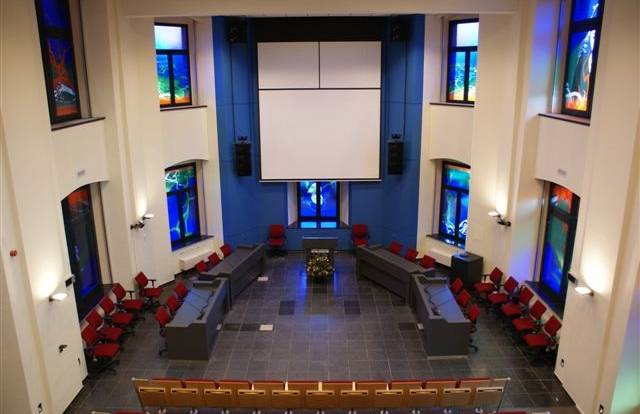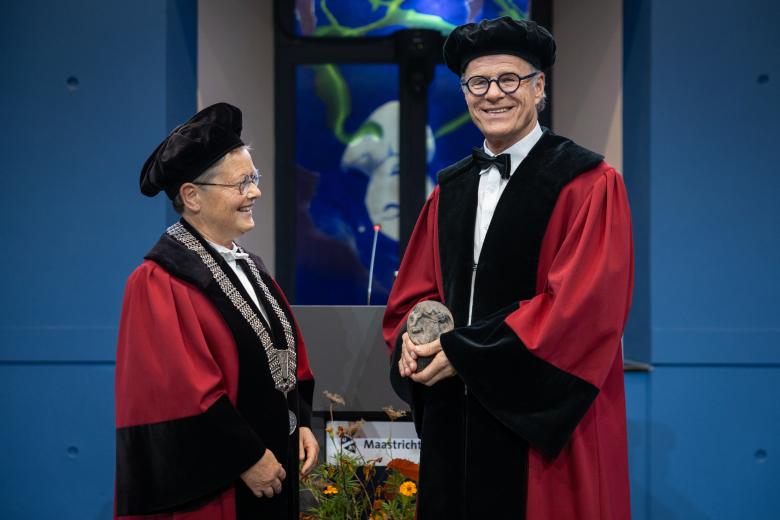PhD defenses METRO in Autumn 2020
METRO is happy to announce the following four PhD defenses:
- 7 October, 16:00: Georges Akoa,"La Norme Pénale a l'Épreuve de la Protection de I'Environnement au Cameroun".
- 14 October, 12:00: Constantijn van Aartsen, "A Journey into Causes of Corporate Misbehaviour".
- 28 October, 16:00: Sandra Nobrega, "EU Climate Law Through the Lens of the Aarhus Convention: Access to Environmental Information and Public Participation in EU climate change decision-making".
- 12 November, 10:00: Abasse Olossoumare, "Le Principe de la Libre Administration des Collectivités Territoriales en Droit du Bénin et en Droit de la France".
More information about these defenses (including names of the supervisors involved) can be found on the website of the UM Faculty of Law.

Earlier defenses in 2020
Earlier this year two PhD candidates associated with METRO already defended their PhD manuscripts successfully:
- 11 June: Luisa Cortat Simonetti Goncalves Coutinho, "Legal Remedies Against the Plastic Pollution of the Oceans: an analysis of the attempts from public international law and private initiatives to face the plastic soup".
- 26 May: Felix Sally, "Le Statut Juridique du Port Autonome D'Abidjan".
Also read
-
Steel tariffs explained: Why is the EU doubling them — and at what cost?
The EU announced last week that it would double its tariffs on steel to 50 percent, bringing them in line with US levels. Studio Europa Maastricht spoke with Mark Sanders, Associate Professor of International Economics at Maastricht University about the latest developments surrounding the increase...

-
Professor Frederik-Jan van Schooten receives MUMC+ honorary medal
Frederik-Jan receives the medal for his exceptional contributions to early detection of diseases and a safer living environment.

-
ERASMUS+ - free movement of ideas and skills
Under ERASMUS+, the European Commission's mobility programme for education and training, UM sends and receives more students than any other Dutch university. President Rianne Letschert on her own ERASMUS experience, the benefits of leaving your comfort zone, and being inspired by different...
